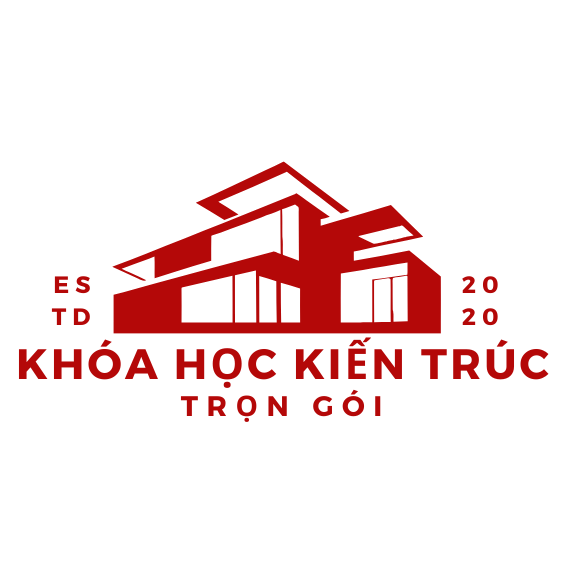Cognitive enhancers have risen as a hot topic in the world of cognitive science. Whether you’re hustling through college exams, grinding in a startup, or just trying to think clearer, nootropics offer to boost your brain.
But what exactly are nootropics? They’re substances—natural or synthetic—that are believed to improve cognitive function. They aim to help you with memory, focus, creativity, or even motivation
## Main Categories of Cognitive Enhancers
Let’s explore the main types of nootropics:
### 1. Natural Nootropics
These include things like herbal extracts, vitamins, and adaptogens. Some top names here: Bacopa Monnieri, L-Theanine, and Lion’s Mane Mushroom. These are known for helping with memory, reducing brain fog, and calming the nervous system.
Lion’s Mane, for example, promotes NGF (nerve growth factor) which may help regenerate neurons.
### Pharmaceutical Nootropics
This is where things get clinical: Modafinil, Piracetam, Noopept, and similar. These aren’t your average supplements—they’re legit pharmaceuticals, often prescription-only.
If you’ve ever wanted to work 12 hours straight with a smile, Modafinil might be why.
### Brain-Healthy Nutrients
Some nutrients are critical for your brain to work optimally. Key players here include Omega-3s, vitamin D, B12, and N-Acetyl L-Tyrosine. Even dehydration or lack of electrolytes can dull your cognition.
## How They Affect the Brain
So how do these smart drugs actually work? Some improve cerebral blood flow, others enhance synaptic plasticity. All of this boils down to clearer thinking and better memory retention.
Acetylcholine is the big shot here—it’s key for memory and learning.
## What’s the Hype?
Here’s what users report:
– Faster recall
– Laser-like concentration
– Enhanced mood and motivation
– Turbo-charged study sessions
– Reduced anxiety and stress
Results vary from person to person, but many report a mental edge that’s hard to ignore.
## Risks and Side Effects
Let’s talk risks. Some people experience insomnia, jitteriness, or headaches. Your brain’s not a test lab—be careful what you throw at it.
And not all nootropics are created equal. If it sounds too good to be true, it probably is.
## Combining for Maximum Effect
Nootropic stacking is like mixing a cocktail for your brain. Examples include:
– **Caffeine + L-Theanine**: Energy without the jitters
– **Modafinil + Alpha GPC**: Long hours of work + memory boost
– **Bacopa + Rhodiola + Lion’s Mane**: Balanced, plant-powered stack
Too lazy to mix powders? There are ready-to-go nootropic blends available.
## Who Uses Nootropics?
The user base is broadening. Common users include:
– Sleep-deprived college kids
– Tech workers and programmers
– Gamers looking for quicker reflexes
– Writers, creatives, and musicians
– Boomers fighting brain fog
## Beginner’s Guide
So how do you start? Follow these steps:
1. **Start small**: Try natural supplements first
2. **Research thoroughly**: Don’t rely on marketing
3. **Cycle your usage**: Give your brain a breather
4. **Track your results**: Notice what improves and what doesn’t
5. **Talk to a doctor**: Don’t wing it if you have health conditions
## Wrap-Up
They won’t make you Einstein overnight, but they might help you think a bit clearer. Used responsibly, they may be the edge you’ve been looking for.
The future of brain enhancement might already be in your pillbox.
Read more: omeka.net (best nootropics cognitive enhancers)
